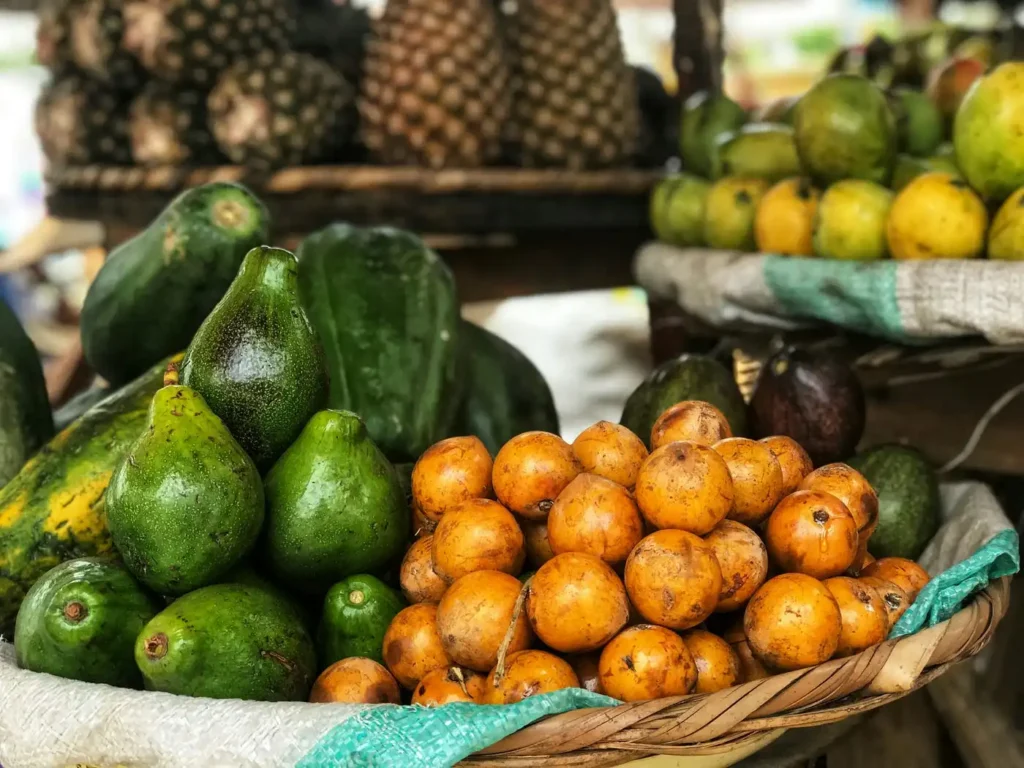Across Nigeria, more people are turning to plant-based diets as awareness of health, wellness, and environmental sustainability rises. From Lagos to Abuja and Port Harcourt, plant-focused meals are becoming increasingly common in homes, restaurants, and food markets. Driven by both personal and planetary health, this dietary shift marks a significant transformation in the country’s traditionally meat-heavy food culture.
Health professionals, nutritionists, and environmental advocates have played a key role in promoting this movement, linking plant-based eating with benefits like reduced risk of chronic diseases, weight management, and a lighter environmental footprint.
Health Benefits Fuel Growing Interest
One of the primary motivations for Nigerians switching to plant-based diets is the promise of better health. According to medical experts, diets rich in vegetables, legumes, whole grains, and fruits help lower the risk of heart disease, diabetes, high blood pressure, and obesity.
Many individuals who have made the switch report improved energy levels, better digestion, and weight loss. With increasing rates of lifestyle-related illnesses in Nigeria, especially in urban centers, more people are now adopting preventative dietary habits.
Public health campaigns and educational efforts have also increased awareness of the dangers of excessive red meat consumption, leading consumers to seek healthier, plant-forward alternatives.

Environmental Awareness Gains Ground
Climate change and sustainability concerns are also influencing dietary decisions in Nigeria. Agricultural experts and environmental activists have drawn attention to the environmental cost of livestock farming, including its contribution to greenhouse gas emissions, land degradation, and water pollution.
Younger Nigerians, particularly Gen Z and Millennials, are becoming more eco-conscious and see plant-based living as a way to reduce their carbon footprint. Influencers and celebrities are joining the conversation too, encouraging plant-based eating as a trend that benefits both people and the planet.
Restaurants and food vendors have responded by offering more vegan and vegetarian options, often putting a local spin on traditional favorites. For instance, dishes like egusi, okra soup, and jollof rice are now being prepared with mushrooms, tofu, or other meat substitutes.
Economic Factors and Accessibility Challenges
Despite the rising popularity, the shift to plant-based diets has not been without its challenges. Some critics argue that fully vegan or vegetarian lifestyles are still too expensive or difficult to maintain, especially in lower-income communities where access to fresh produce and plant-based alternatives is limited.
However, advocates of plant-based eating counter that Nigerian cuisine is already well-suited for such diets, given the widespread use of beans, yam, plantain, vegetables, and grains. They emphasize that eating plant-based doesn’t require exotic or imported foods but can thrive on traditional staples with small modifications.
Community-led initiatives and non-profit organizations have begun promoting affordable plant-based meal plans and even hosting cooking workshops to make the lifestyle more accessible.
The Role of Technology and Social Media
Social media platforms like Instagram, TikTok, and YouTube have played a significant role in spreading the plant-based message. Nigerian food influencers regularly share recipes, meal plans, and lifestyle tips that encourage followers to embrace more plant-focused eating habits.
Viral trends like “Meatless Mondays” or “Vegan Naija” have helped normalize these choices and make them more relatable. Technology has also given rise to food delivery apps and e-commerce platforms where customers can easily order plant-based meals or shop for vegan products.
A Shift That May Shape the Future
Although plant-based diets are still gaining ground in Nigeria, the trend shows no signs of slowing down. With health and sustainability concerns continuing to grow, the movement is likely to expand beyond urban elites and into broader segments of society.
Experts believe that a more plant-forward national diet could have long-term benefits for Nigeria’s healthcare system, environment, and food security. As more Nigerians embrace conscious eating, plant-based lifestyles may become a lasting part of the country’s food culture.







